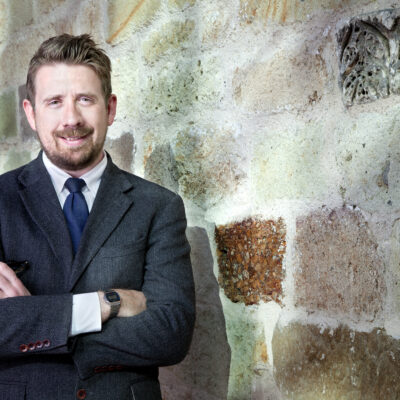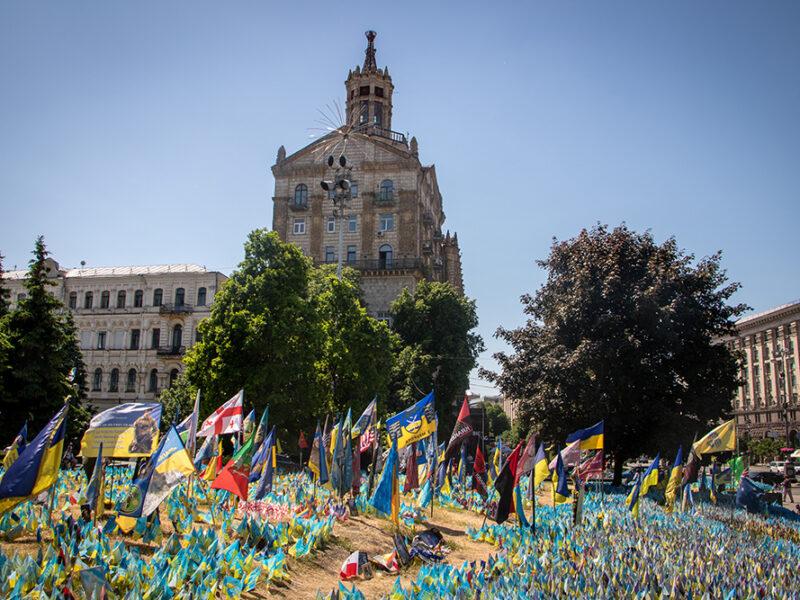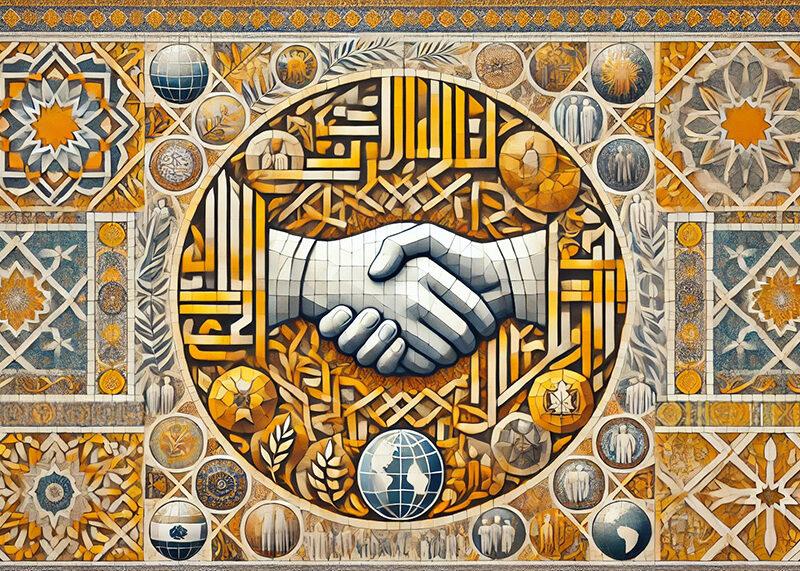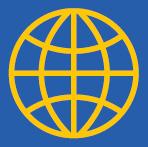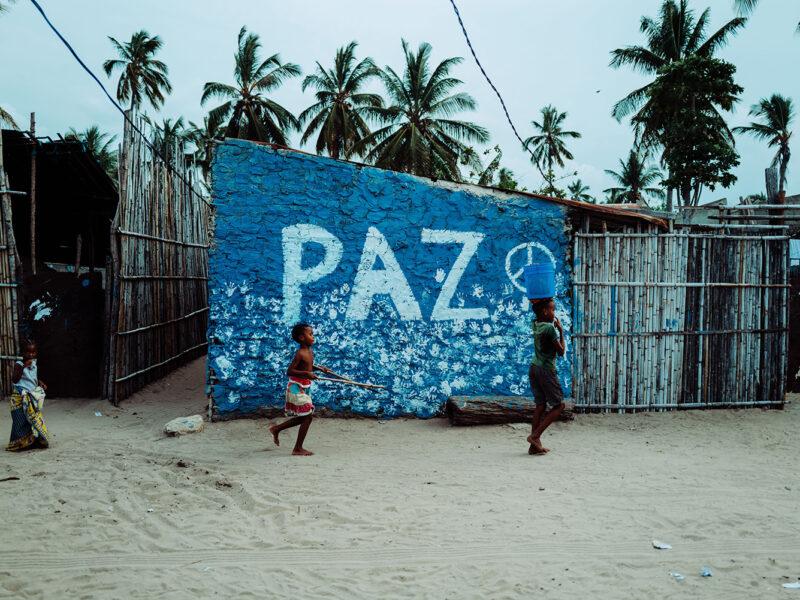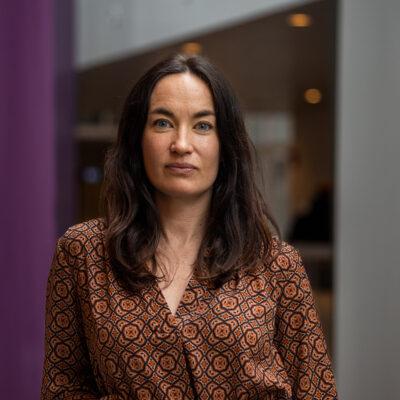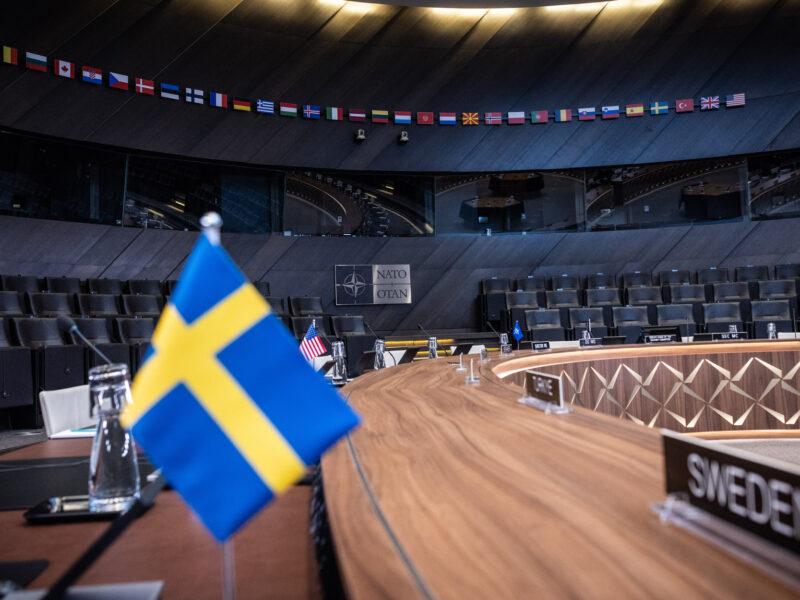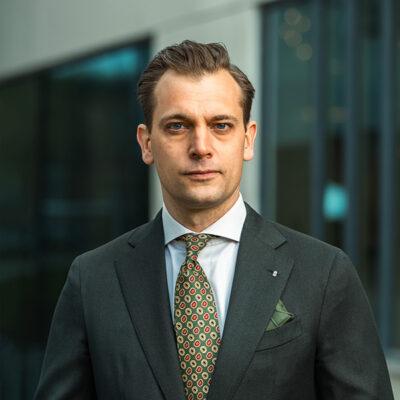Returning to the field in a time of uncertainty
For those of us who have worked abroad for FBA over the years, there is a certain familiar pattern one gets used to in this very particular world. Times of excitement, challenge, and high activity come with a new assignment in an international mission or position in the field, followed by periods of rest and recovery after a completed task, followed by patience (and impatience) waiting and hoping for new opportunities to continue one’s career. For me the cycle has once again made a complete rotation as I return to a new position with the EU monitoring mission (EUMM) in Georgia, based in Tbilisi, after a few months outside the world of policy and politics, security reforms, strategic plans and development indicators. The process of landing in a new country can often feel surreal, but usually becomes real quite quickly when you begin to apply the sum of your earlier experience to the new task of digesting and analyzing the particular tasks of the new mission. Hopefully you are ready to hit the ground running as the plane touches the runway, or at least a few days after!
EUMM Georgia is a good example of a mission whose role and importance seems to have become clearer in recent years. Nearly 10 years after its deployment following the war between Georgia and Russia in 2008, the mission’s monitoring task has been dutifully carried out through thousands of patrols along the so-called Administrative Boundary Line established by the cease-fire agreement which remains in force, keeping the peace and resolving disputes along the boundary before they can lead to higher political tensions. If that task ever felt mundane in the past then the events in Ukraine in 2014 (and indeed since then) served as a reminder that peace and stability are fragile things, and that the Trans-Caucasus region is a vulnerable place where larger geopolitical battles could easily find an outlet in the future. The much needed stability provided by the mission is in this sense a very worthwhile investment by EU member states, particularly Sweden as one of the largest contributors of staff.
If the events of 2014 brought decades-old norms of international peace and security into question, the events of 2016 equally served as a shock to the very foundations of the stable, if imperfect, Western postwar peace many of us have grown up in over the last 70 years. Elections turning on populist and nationalist feeling in the United Kingdom and the U.S. explicitly repudiated many aspects of this global economic and political order, and the full ramifications of Britain’s now inevitable exit from the EU, and the election of the unpredictable and self-contradicting President Trump, remain unpredictable. If events in 2017 are any guide however, it would seem at the very least that this wave of populism is not universal or self-perpetuating. Elections thus far in Austria, the Netherlands and France have brought firmly pro-EU leaders to power, and elections to come in the UK and Germany will perhaps provide further certainty over the future political direction of Europe’s leading powers, and indeed the European project as a whole. If any lesson is to be learned it is perhaps that the presumption of stability, peace and prosperity that many Western nations have enjoyed for decades, an incredible privilege in this world, cannot be taken for granted and can only be preserved and improved with a great deal of work and engagement at all levels.
For institutions like the FBA, its partners in Europe and around the world, and for every other effort built on the premise that today’s security problems are inherently global and can only be solved globally. Indeed the very basis of our work centres on addressing global peace and security challenges that no single country can solve on its own, dependent on global engagement that engages transnational challenges rather than retreating within borders. Taking EUMM as an example again, I hope that long-term approaches to peace, security and development predominate over complacency, reaction, and short-sightedness, both in politics and policymaking. The Western Balkans is another region in Europe where wavering attention from the international community and uncertainty over the viability of EU expansion to the region have quickly exposed the fragility of governments and institutions from Bosnia, to Kosovo, and most recently Macedonia. It is worth remembering how quickly a ’solved’ issue like the Western Balkans so easily can return to become a crisis when the initiative to provide support and engagement is weakened. It seems to me the same issue that afflicts many European states can be applied to the work we carry out in the field. The need to not take for granted the stability and good fortune we enjoy, and to always work to broaden and strengthen the foundation of this good fortune to create lasting stable structures. As important in our capitals as in the countries where we in the field attempt to do some good.
av Andreas Berg
